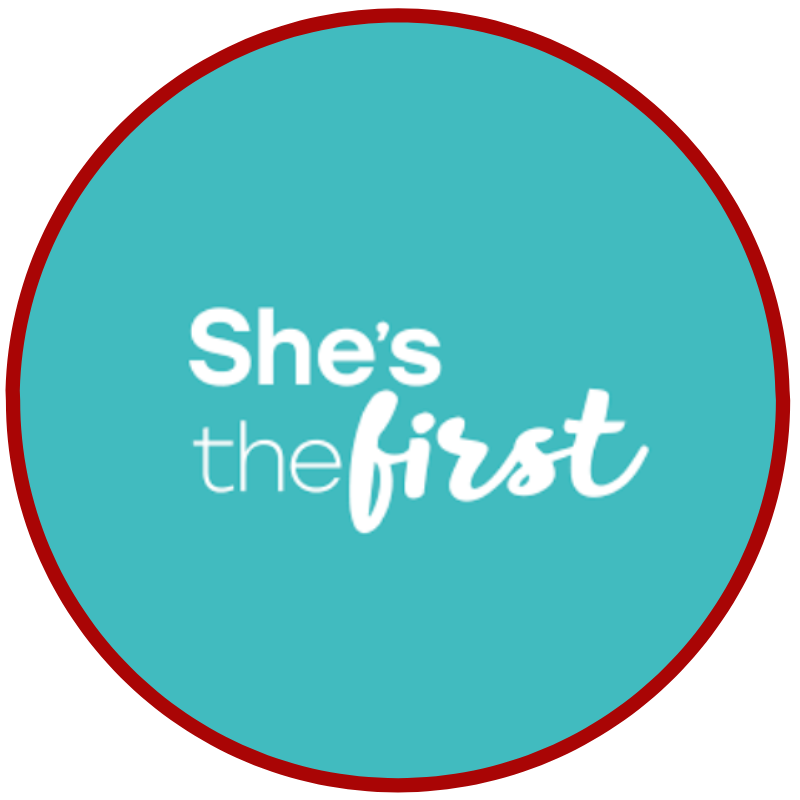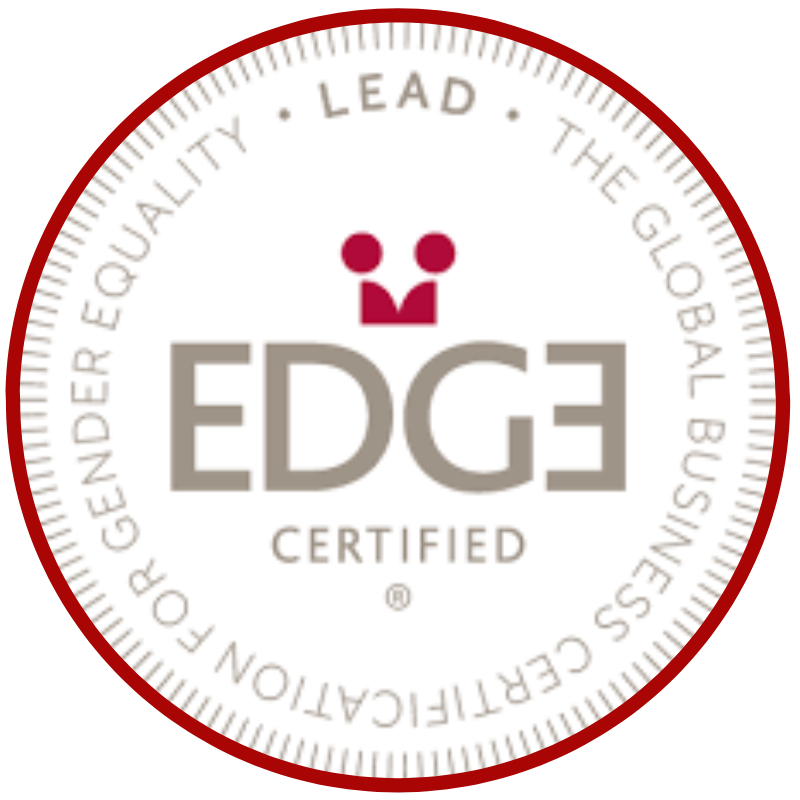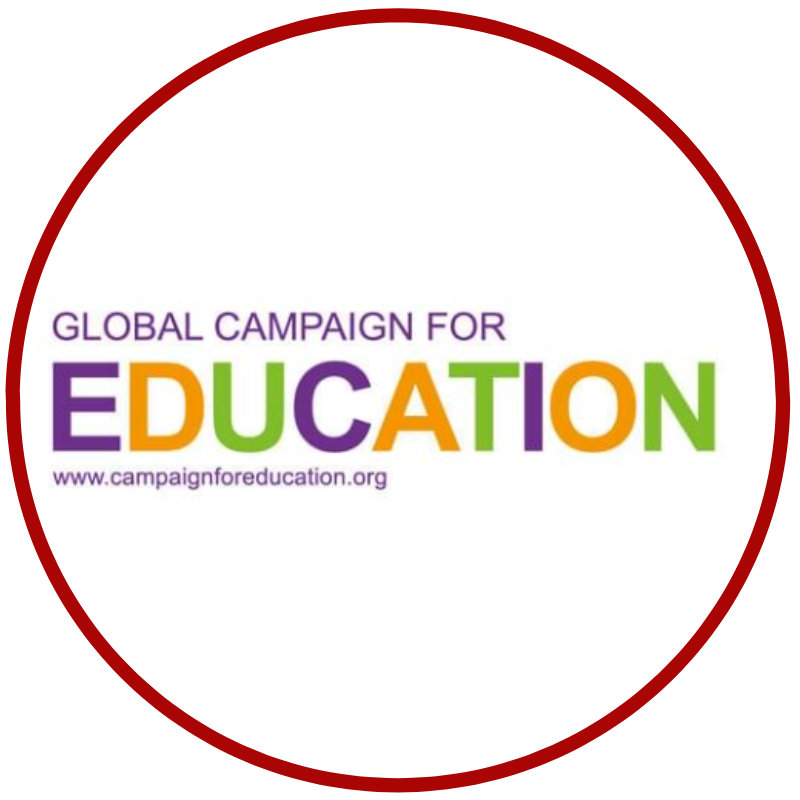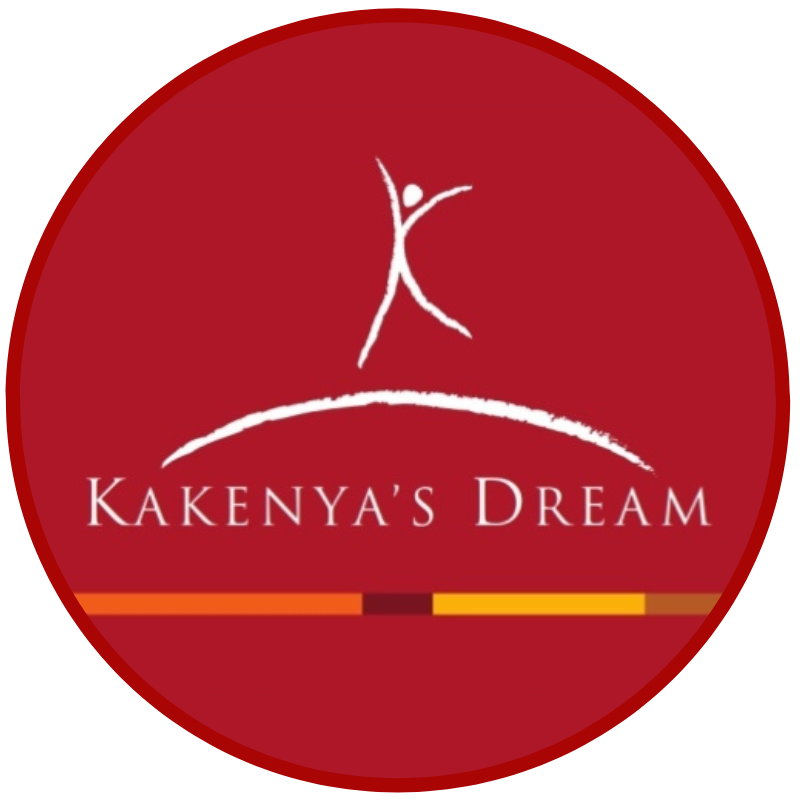 Last year, my friend and colleague, Kah Walla, ran for the presidencyin Cameroon on the Cameroon Peoples Party line. I talked to her about that run, the Arab Spring and the challenges Africa faces.
Last year, my friend and colleague, Kah Walla, ran for the presidencyin Cameroon on the Cameroon Peoples Party line. I talked to her about that run, the Arab Spring and the challenges Africa faces.
Let’s start with your very gutsy move to run for president of Cameroon. Can you talk about what motivated you to run?
Cameroon, like many other countries in Africa, has incredible economic, social and political potential. After working for 20 years in the private sector and as a civil society activist, I realized that my country’s main problem is one of political leadership and governance. I have the right combination of grassroots experience, knowledge and expertise in a broad range of development issues and the courage and capacity to lead. It was time to demonstrate that Cameroon has innovative, efficient leaders capable of putting the country’s best interest at the forefront of their agenda.
What were your expectations for both your campaign, and for Cameroon? Did you expect to win?
We expected to run a world class campaign that put the issues which are most important to Cameroonians at its center. We were able to run a campaign based on the economic and social issues which are of greatest importance to Cameroonians. We were able to run a campaign that did not use the traditional techniques of bribing the population and which instead asked this population to take responsibility for its own future. We took political campaigns in Cameroon to a whole new level.
Of course we expected to win!! The demand for change in Cameroon is so high that we believed we could create a wave that would bring about a democratic revolution in our country. Our “Time Is Now” campaign definitely ignited a new spark all across Cameroon and within the Diaspora. However, we certainly underestimated the time and other resources required to build this spark into a true dynamic that could mobilize itself into an insurmountable force for change in the country. The great thing is that we have ignited the spark. We are now settling in to do the long term work necessary to build the dynamic.
Cameroon has had such low voter turnout over past elections. Did your candidacy have an impact on getting young people and women in particular more interested in getting involved in politics by voting or working for a candidate?
Our campaign was entirely run by young people. Most of them were under 30 years old. We saw a wonderful new interest on both the part of young people and women during this campaign. These groups certainly felt like they had a representative and could get politically engaged.
However, even for those who were involved in the campaign, mistrust in the electoral process caused many not to register. Many who did register were unable to get their voting cards and actually exercise their right to vote. What is wonderful is that we now have a whole new segment of the population who are enagaged and involved in the political and electoral process.
Shifting gears, 2011 was a tumultuous year across North Africa and the Middle East. How do you see Cameroon’s election and its politics moving forward in the context of those changes? Does the Arab Spring have any impact on Cameroonian politics?
Cameroonians closely watched what was happening in North Africa and continue to do so. Our contexts are not entirely the same, but the courage of North African activists for democracy certainly inspired us, as did the possibility of bringing about change in countries where the same person has been in power for decades.For those of us who are actively engaged in the fight for democracy in Cameroon, the North Africans have also provided us with knowledge and tactics for bringing down dictatorial regimes. We are not yet in a sub-Saharan African wave of democracy, but we are certainly inspired. The challenges the North Africans are facing in bringing about systemic change are also elements for analysis for us. We are certainly learning the lessons where the engagement and leadership of women is concerned. Change is such a simple word….and so difficult to actually effect.
I’ve often heard you say that Africa is not poor, but Africans are. What do you think needs to be done to address that issue? To me, it seems that very point creates instability and a lack of security in so many ways.
Africa is certainly not poor, it is poorly run and as a result Africans are poor. There is a single unavoidable issue in Africa and it is the issue of governance. Without responsible citizens who build systems that can hold their governments accountable, we will be unable to make our way out of poverty. Every African, whatever field s/he is in, must become aware that the key is in our politics. Until we get that straight, we will be unable to solve our economic and social problems.
Finally, how would you measure progress for Cameroon? Where would you like to see Cameroon in the next five years?
The Cameroon People’s Party which I run and Cameroon ‘Bosso; the citizenship movement I am actively involved in, along with a host of other Cameroonian political parties and organizations are all firmly enagaged in the process of building democratic systems and bringing about democratic change in Cameroon. Women and young people are at the forefront of these movements. It is certainly our objective to see democratic change in our country within the next 5 years.





